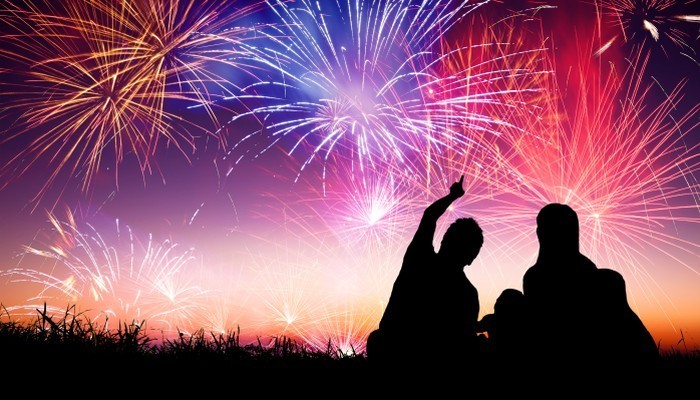
Bonfire night is almost here, with millions of UK families looking forward to watching fireworks displays across the country. But as enjoyable as they are, sparklers, fireworks and bonfires can pose significant risks to children, adults, pets and property if not approached sensibly. Here we bring you important safety tips for five key danger areas on bonfire night.
1. Sparklers
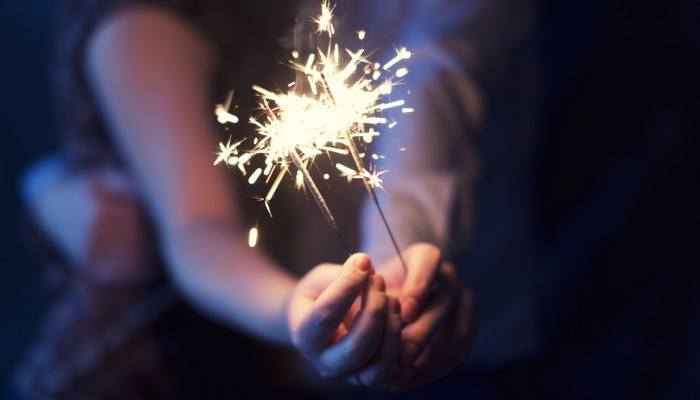
While they look pretty, sparklers actually reach temperatures of up to 2,000 degree Celsius. Because children are often allowed to hold sparklers, it's even more important to follow key safety guidelines.
Basic sparkler safety
- As with all fireworks, ensure your sparklers are stored in a cool, dry metal box.
- Light each sparkler individually and wear gloves.
- Keep a bucket of water ready to extinguish the sparklers after use – they can remain hot for a long time.
- Avoid taking sparklers to public displays, as the large crowds can make them difficult to use safely
- Ensure children know how to hold a sparkler – away from the body and from other people
Sparkler safety for children
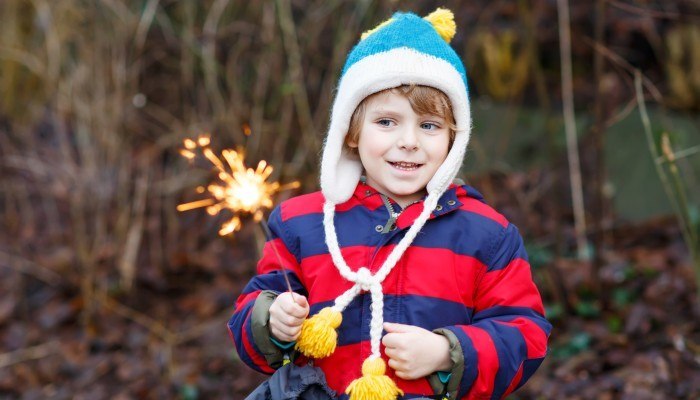
- Never give sparklers to under 5s
- Always supervise children using sparklers
- Show children how to hold a sparkler safely – at arm’s length and away from the body
- Ensure children wear gloves when holding sparklers
- Avoid dressing your child in baggy or loose clothing as this can be a fire hazard
- Children should never run with a sparkler or hold it near anyone else
What to do if someone sustains a sparkler burn
- Stay calm
- Use cold water to cool any burn – for at least 10 minutes
- Never use oil, butter or any kind of ointment on the burn
- If clothing material is stuck to the burn, never pull it off; instead cut around the material
- Remove any tight-fitting jewellery or belts since burnt flesh can swell
- Avoid touching the burn or any subsequent blisters
- If you cannot dress the burn immediately, use a non-fluffy material like a (clean) pillow case to cover the burn and prevent infection.
- If a person catches fire, get them to drop to the floor then roll them in a large piece of material such as a curtain in order to starve the flames of oxygen.
- Seek medical attention at hospital unless the burn is very small
- Call 999 if the burn is serious or if the person is unconscious
- If a person's burns are serious enough to require hospital attention, don’t give them anything to eat or drink in case they need to be given anaesthetic later
2.
Fireworks
Before use
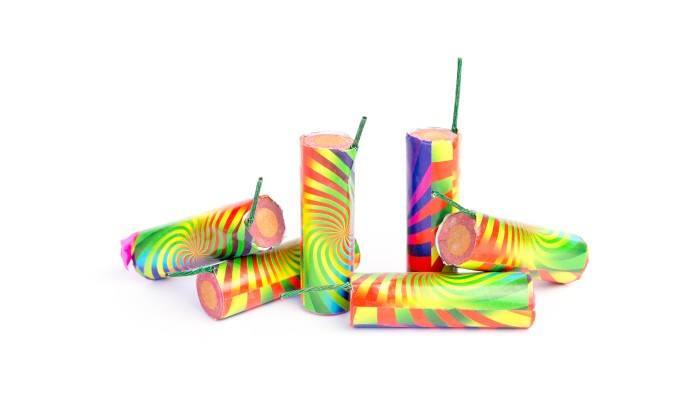
- Make sure your fireworks conform to British Standards (BS 7114; 1988) and that the designated display space is large enough for the fireworks
- Read the Fireworks Code before you begin
- Keep the display area free of obstacles and hazards
- Do not touch or tamper with fireworks until they are ready to use
- Carefully read the instructions in good light
- Tell your neighbours about your display – particularly the elderly or those with pets
- One designated person should be responsible for the fireworks
- For extra safety at public displays, you might watch the fireworks from the safety of your car.
- If you’re driving to a display and your car suffers a breakdown, keep your phone charged so you can contact your breakdown cover provider by phone or by using a mobile app such as the one from startrescue.co.uk
- Travelling to a display as a passenger in someone else’s car? If you have Personal Cover from startrescue.co.uk any car you travel in will be protected by our breakdown cover
Essential items for your display
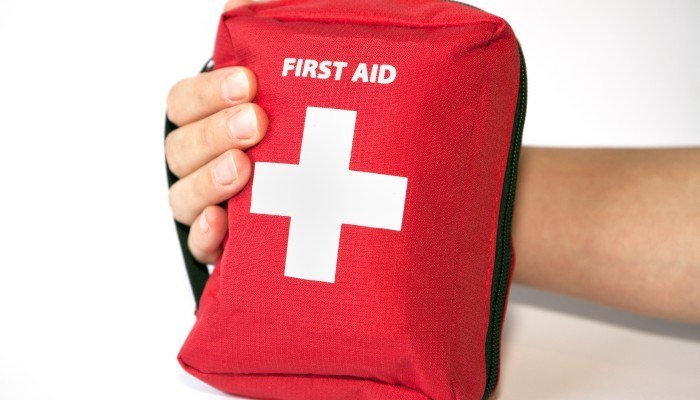
- Metal box with lid - for firework storage
- A torch for being able to read instructions and see in the dark
- Bucket of water
- Gloves, hat and eye protection
- First aid kit
- Bucket of sand or soft earth to set up the fireworks
- A section of board for flat-bottomed fireworks
- Appropriate supports for catherine wheels
- Effective launchers for rocket fireworks
During your display
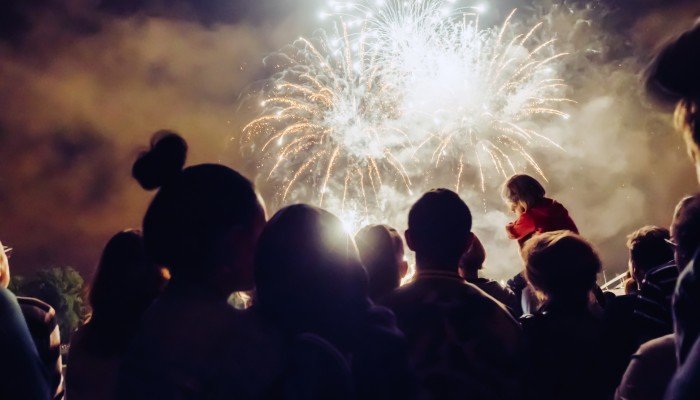
- Use a taper or firework lighter at arm's length to light your fireworks
- Stand away from the firework
- Never return to a firework you have lit
- Ensure the firework storage box is kept closed when not in use
- Ensure children to do not go near the fireworks
- Never place a firework in your pocket – it is extremely dangerous
- Throwing a firework is also extremely dangerous and if done so in a public place can result in a £5,000 maximum fine.
Afterwards
- Collect used fireworks with tongs and gloves
- Check for any other firework debris the next day
3.
Bonfire safety
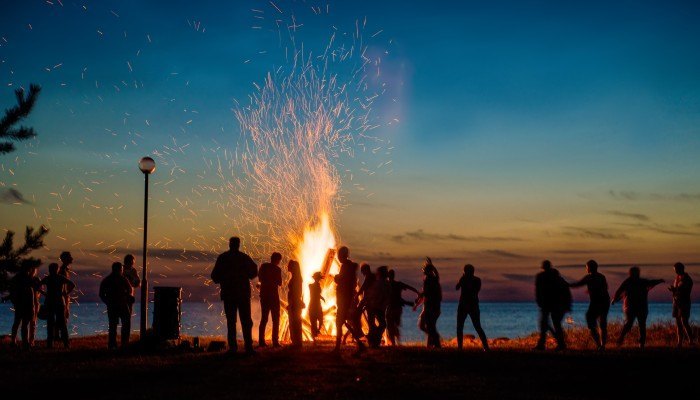
Bonfires can pose significant risks, so consider if you really need to have one. If you do go ahead with a bonfire, follow these tips:
- Spend time organising the bonfire well
- Ensure the bonfire is at least 18m or 60ft from houses, cars, sheds, trees or fences
- Ensure the bonfire is clear of children or animals before lighting
- Use firelighters for home use
- Do not use flammable liquids such as petrol or paraffin
- Do not put hazardous or toxic items on your bonfire. This includes spent fireworks, foam-filled furniture, aerosol cans, batteries and paint tins
Removal of bonfires
It is the policy of local authorities to remove unauthorised bonfires in order to reduce the likelihood of injuries, danger to firefighters, anti-social behaviour and property damage.
4.
Alcohol
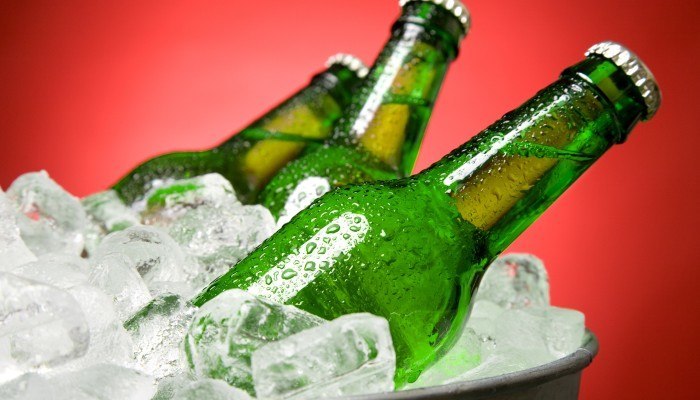
- While drinking alcohol at fireworks displays is common, it is dangerous. In one survey 84 per cent of respondents said the person setting off the fireworks had drunk between 2 and 3 alcohol units.
- Those setting off fireworks or attending displays should never drink alcohol
- There should be a designated person who will remain sober throughout the night and take charge of the fireworks
- Limiting alcohol use until after the display will make for a safer night
5. Pet safety
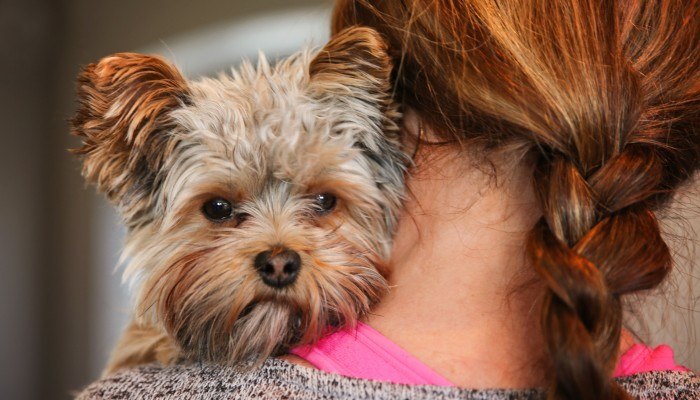
Dogs, cats and other animals can be extremely frightened by the bangs and flashes from fireworks. Keep them indoors and draw the curtains to help keep them calm.
Dogs
- Walk your dog during the day and never while a firework display is taking place
- Keep your dog indoors during any fireworks display and consider drowning out the noise by increasing the TV volume or playing loud music.
- Dogs may bolt in such circumstances. Be sure your dog is chipped or tagged so it can be found.
- Let your dog take refuge in a corner or under a chair
Cats
- Keep your cat indoors during any firework display
- Drown out the noise with TV or music
- Let your cat take refuge in a corner or under furniture
- Ensure your cat is chipped or tagged in case it runs away
The law
It is an offence to cause unnecessary suffering to any domestic or captive animal – under the Protection of Animals Act 1911. A £5,000 penalty or six months' imprisonment – or both – can result following a conviction.
startrescue.co.uk wishes you and your family a fun and safe bonfire night!




